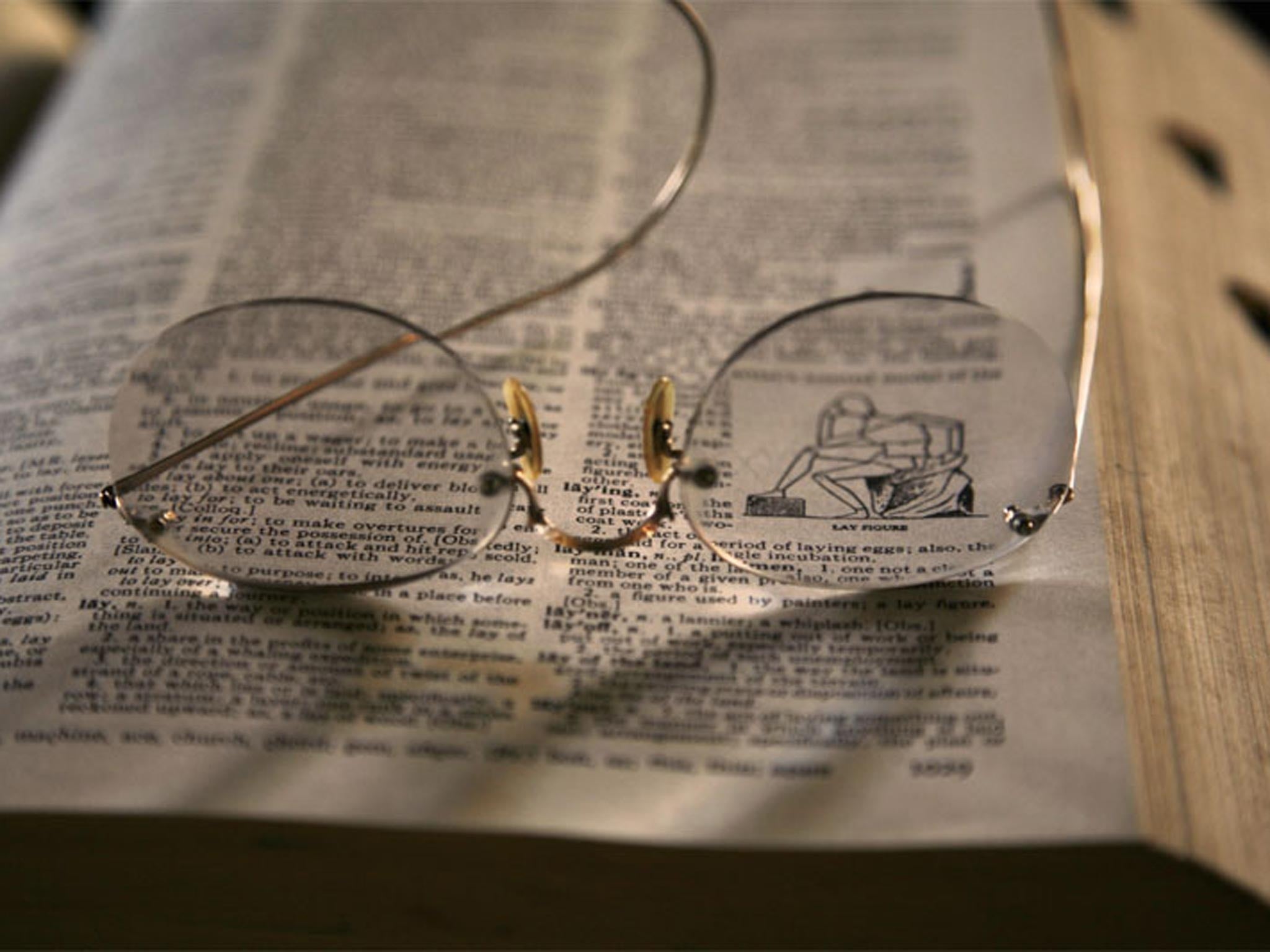In Sickness and in Health: Nick’s accident has been an education for my lexicon
Here are some of the words that have unavoidably become part of my vocabulary, and what they now mean to me

Last year, Rebecca’s husband, Nick, was hit by a car and seriously injured. Here, in one of a series of columns, she writes about the aftermath of his accident
I’ve learnt so many new words in the past 11 months. As someone who spends a lot of time around words professionally – writing them, editing them, reading them, reading about them – being in a hospital environment has been educational on the vocabulary front. So here’s the first part of an A-Z of words and phrases that have become part of my lexicon.
Axon: Nick suffered a diffuse, axonal injury when his head hit the pavement after his body was hit by a car. Translated into human, this means that his brain moved within his skull and smashed against the sides, sheering some of his axons. The axons are nerve fibres, tendrils which conduct electrical impulses in the brain to, well, other bits of the brain. Fun fact: axons can’t regrow, so the brain has to compensate for their loss, somehow, if it is to go about its business.
Brain injury: The kind that Nick had is a TBI (traumatic brain injury). Brain injury is sometimes described as an invisible disability, as often people who have suffered one look exactly the same as they always have on the outside. However, under the bonnet things can be profoundly different.
Conveen: AKA “a discreet solution for male urinary incontinence”, these are little latex fellows that roll over the end of a patient’s old chap and have a tube that leads into a bag to catch “passed water”. In my experience, they are a nightmare to get on, painful to get off but, like so many things in hospitals, as good as it gets.
DWP: Of course I knew what The Department for Work and Pensions was before Nick’s accident, but not from close up. All I can say is that if anyone has the time and energy to make a living from claiming benefits, I am deeply impressed with their tenacity. I have spent more time on the phone to the DWP and queueing up in Job Centres to try to get them to accept pieces of medical evidence than I can bear to think about. We appear to be at an impasse at the moment, but I don’t doubt that we’ll be locking horns again soon.
Emerging: This is the term for the process of someone waking up from a coma. It is a gradual process of becoming more responsive and aware of people. Nick emerged with a bang: one minute he was silent and unresponsive, the next talking in random sentences. He quickly went from communicative to furious. Nick emerged in a right old mood, which is understandable, while his lungs had certainly recovered from collapsing – which happened after the impact – as he could shout with the best of them.
F was going to be Fenytoin, until I realised that it was actually spelled Phenytoin, an anti-seizure drug. This happens quite a lot – I hear a word day in, day out, repeat it, but when I come to try spelling it correctly, the wheels come off. So let’s go for funding, instead. Learning about funding is an adventure; the kind of adventure where there are trapdoors, spike-filled pits and man-eating serpents around every corner. I have so many questions and so little idea of where to get impartial, helpful advice. Here be dragons.
Twitter: @rebeccaj

Join our commenting forum
Join thought-provoking conversations, follow other Independent readers and see their replies